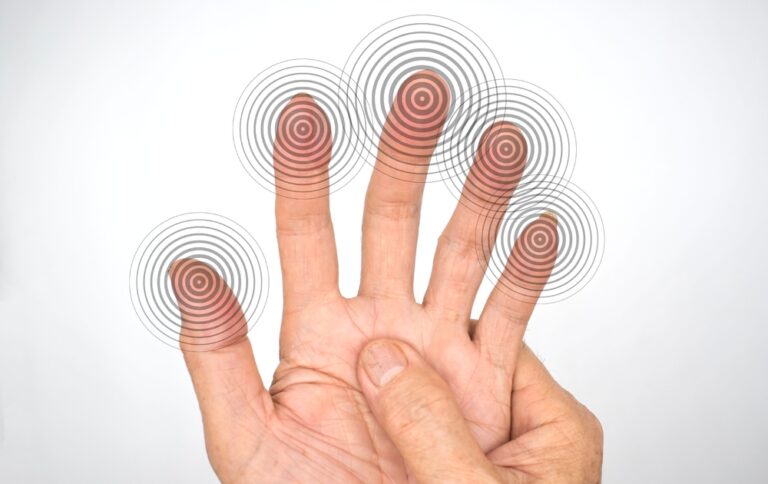Neuropathy, or nerve damage, often begins with subtle signs that are easy to dismiss—until they start interfering with your everyday life. Whether it’s a mild tingling in your hands or an unexplained weakness in your legs, these early symptoms can signal deeper issues within your nervous system. Recognizing the signs early and seeking care promptly can make all the difference in managing neuropathy and protecting your long-term health.
Common Symptoms Across Different Neuropathies
Although neuropathy can take many forms—such as peripheral, autonomic, focal, or proximal—several common symptoms cut across all types. These symptoms vary in severity from person to person. Some may only feel occasional discomfort, while others might experience chronic pain or even loss of mobility.
Because symptoms often develop gradually, they can be easily overlooked at first. Paying attention to these early signs and getting evaluated by a healthcare professional is crucial to prevent further nerve damage.
1. Numbness and Tingling Sensations
Numbness accompanied by tingling—especially in the hands and feet—is one of the hallmark symptoms of neuropathy. Often described as “pins and needles” or the sensation of a limb “falling asleep,” this symptom is typically associated with peripheral neuropathy.
Even mild numbness can mask injuries or lead to unnoticed wounds, particularly in people with diabetes. Addressing the root cause—such as managing blood sugar levels or correcting vitamin deficiencies—is essential to prevent progression. Lifestyle changes like regular exercise and a nutrient-rich diet can support nerve health and minimize symptoms over time.
2. Muscle Weakness and Pain
Neuropathy can interfere with the nerves responsible for muscle control, leading to noticeable muscle weakness or coordination issues. Everyday activities such as buttoning a shirt or carrying groceries can become frustrating or even impossible.
Neuropathic pain, another common symptom, is often described as burning, stabbing, or shooting. This type of pain may come and go or be constant, and it’s frequently more intense at night. Because this pain stems from damaged nerves rather than injured tissue, it often requires a combination of treatments—such as physical therapy, medications, and stress-reduction techniques—for effective relief.
3. Loss of Balance and Coordination
The nervous system plays a critical role in maintaining your sense of balance and coordination. When nerve signals are disrupted, your body’s ability to stay upright and stable can be compromised. This may increase the risk of falls, especially in older adults.
You may also struggle with fine motor skills, making tasks like writing or typing more difficult. Physical therapy, strength training, and balance exercises can improve coordination and help reduce the risk of falls.
Conclusion
Tingling, burning, numbness, and weakness aren’t just inconvenient symptoms—they’re potential warning signs of underlying nerve damage that shouldn’t be ignored. The earlier neuropathy is identified, the more effective treatment can prevent permanent damage and restore function.
At N8 Family Chiropractic, we take a proactive, whole-body approach to neuropathy care. Using gentle chiropractic techniques, targeted therapies, and lifestyle coaching, we help relieve nerve irritation and promote long-term nerve health. If you’re noticing any of these early signs, don’t wait—reach out to our team and let us help you get back to feeling your best.
References:
https://www.mayoclinic.org/diseases-conditions/peripheral-neuropathy
https://my.clevelandclinic.org/health/diseases/14737-peripheral-neuropathy
https://www.ninds.nih.gov/health-information/disorders/peripheral-neuropathy




